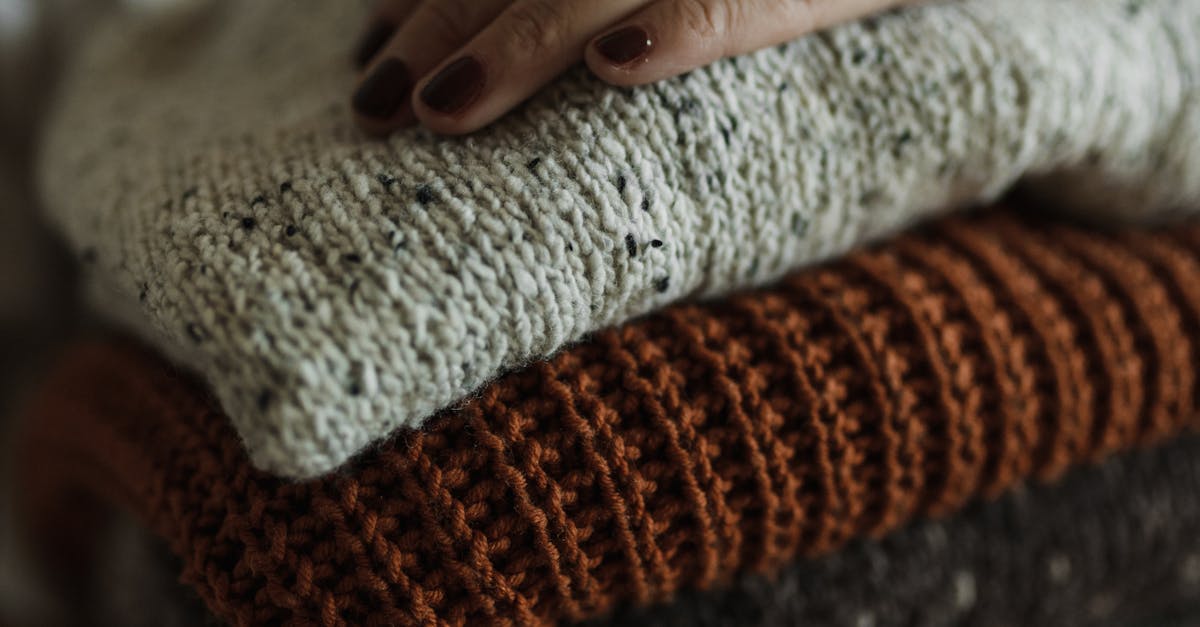
Why Fibreglass Insulation is Popular
Lightweight and Easy to Install
Fibreglass insulation is renowned for its lightweight nature, making it an appealing choice for both professionals and DIY enthusiasts. The reduced weight simplifies the handling process, allowing for easier transport and installation in various environments. This characteristic helps to streamline renovation projects, ensuring that installers can manoeuvre the material without unnecessary strain.
Installation often requires minimal tools, further enhancing the convenience of fibreglass insulation. Its easy-cut properties enable quick adjustments to fit around beams, ducts, and other structural components. This adaptability not only saves time during the insulation process but also contributes to a more effective seal, improving overall thermal performance in a range of building types.
Simplifying the Insulation Process
Fibreglass insulation is renowned for its straightforward installation process. The lightweight nature of the material allows for easier handling, making it ideal for both professionals and DIY enthusiasts. Rolls and batts are available in various thicknesses, enabling users to quickly select the appropriate size for their needs. The insulation can be cut to fit snugly between studs, joists, and rafters, ensuring minimal waste and efficient coverage of intended areas.
Moreover, fibreglass is typically designed to fit into standard residential and commercial framing, which further simplifies the installation. Some varieties of fibreglass insulation come with adhesive backing or faced options, which help secure the material in place without additional tools or materials. This user-friendly aspect saves time and reduces the complexity often associated with insulation projects, thus encouraging more people to undertake home improvements with confidence.
Longevity and Durability
Fibreglass insulation is renowned for its ability to withstand the test of time. Its robust structure ensures that it maintains its effectiveness over long periods, providing consistent thermal performance. Unlike some insulation materials that can sag or settle, fibreglass retains its shape, which is critical for maintaining an efficient insulation barrier. This longevity means fewer replacements are necessary, translating to cost savings in the long run.
The durability of fibreglass insulation contributes to its appeal in various building projects. It is designed to resist moisture and rot, factors that can compromise other insulation types. This resistance enhances the overall lifespan and effectiveness of the insulation, ensuring that it continues to perform well under different environmental conditions. Builders and homeowners alike find reassurance in this reliability, knowing that their investment in thermal efficiency will endure.
Resistance to Deformation Over Time
Fibreglass insulation maintains its structural integrity even after years of exposure to various environmental conditions. Unlike some traditional insulation materials, it does not easily compress or become distorted under weight. This characteristic allows it to preserve its thermal efficiency over time, making it a reliable choice for homeowners and builders who seek long-lasting solutions.
The inherent properties of fibreglass, such as its resistance to moisture and high temperatures, also contribute to its ability to resist deformation. As it does not absorb water, there is minimal risk of mould or mildew growth that can otherwise lead to deterioration. Consequently, fibreglass maintains its performance attributes while minimising the need for frequent replacements or repairs.
Versatility in Applications
Fibreglass insulation stands out due to its adaptability across various building types. From residential homes to commercial structures, it provides effective thermal and acoustic performance. The flexibility of fibreglass makes it suitable for both new constructions and retrofitting projects. It can be easily cut and shaped to fit around ducts and wiring, ensuring a snug fit in hard-to-reach spaces.
This material also caters to a broad spectrum of industrial applications. High-temperature environments benefit from its ability to withstand extreme conditions without compromising effectiveness. Whether used in walls, roofs, or even floors, fibreglass insulation remains a reliable choice that meets diverse insulation needs. Its performance characteristics appeal to architects and builders looking for efficient solutions in energy conservation and comfort.
Suitable for Various Building Types
Fibreglass insulation finds its place in a wide array of building types, making it a popular choice among builders and homeowners alike. From residential houses to commercial buildings, its lightweight nature and easy handling allow for seamless integration into various structures. Whether retrofitting an old property or constructing a new one, fibreglass insulation can be tailored to fit different wall, roof, and floor configurations, ensuring optimal thermal performance across diverse environments.
Moreover, fibreglass insulation is suitable for both new constructions and renovations, providing flexibility in application. It can effectively insulate attics, walls, and basements, offering energy efficiency benefits regardless of the building type. Its compatibility with various materials and design styles further enhances its appeal, allowing for consistent energy conservation practices in both traditional and contemporary settings.
FAQS
What are the main benefits of using fibreglass insulation?
The main benefits of fibreglass insulation include its lightweight nature, ease of installation, durability, resistance to deformation, and versatility for various building types.
How does fibreglass insulation simplify the installation process?
Fibreglass insulation is lightweight and comes in pre-cut batts or rolls, which makes it easier to handle and install compared to heavier insulation materials.
How long does fibreglass insulation last?
Fibreglass insulation is known for its longevity, often lasting several decades without significant degradation, provided it is installed correctly and protected from moisture.
Is fibreglass insulation resistant to mould and mildew?
Yes, fibreglass insulation is inherently resistant to mould and mildew, especially when installed with a vapour barrier to prevent moisture accumulation.
Can fibreglass insulation be used in different types of buildings?
Absolutely, fibreglass insulation is versatile and suitable for a range of building types, including residential, commercial, and industrial structures.
Related Links
The History of Cellulose InsulationWhy You Should Consider Spray Foam Insulation
Roundup of Best Insulation Types for Homes
Review of Mineral Wool Insulation
10 Benefits of Using Foam Board Insulation